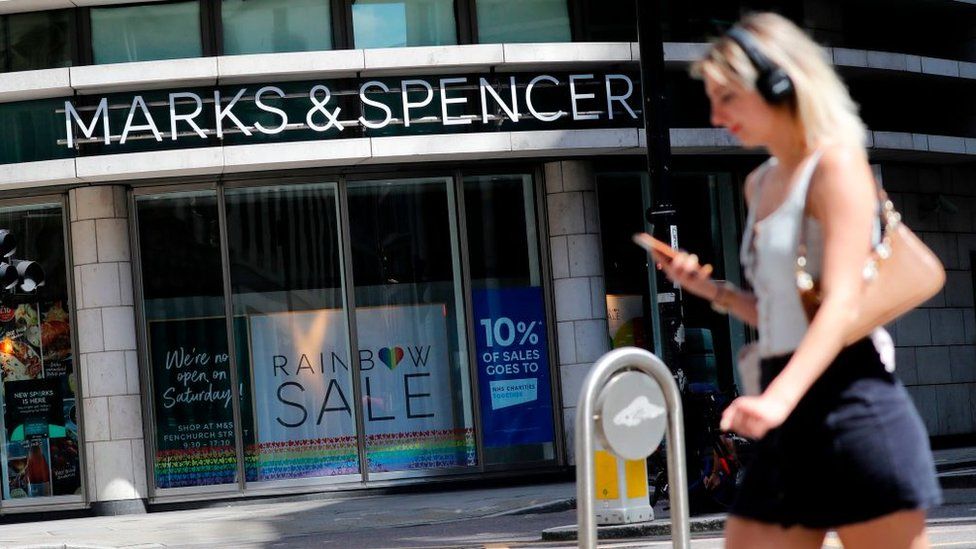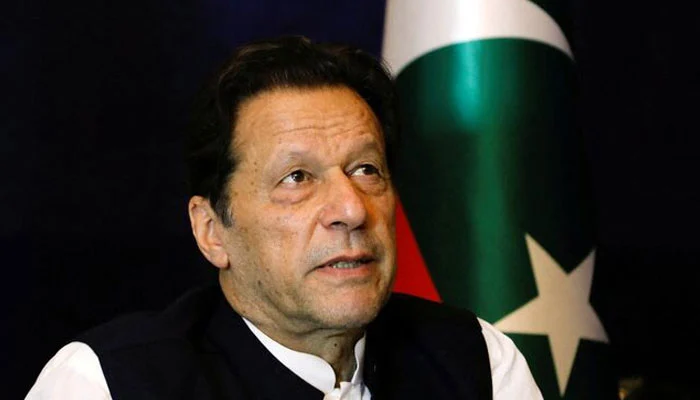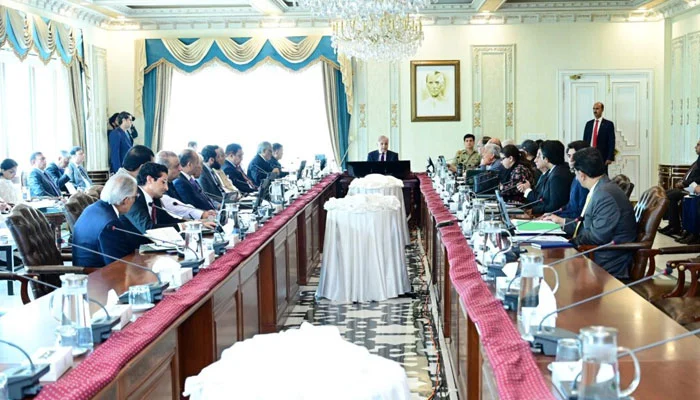
A three-month government consultation on whether to introduce an online sales tax closes on Friday.
The Treasury said the proceeds would go towards funding a reduction in business rates for shops.
But M&S believes a new online tax would “punish” the very retailers it plans to support and leave them less money to invest in High Street stores.
The chain’s chief financial officer, Eoin Tonge, argued in the letter that traditional retailers have worked hard to diversify and grow their online sales.
He said an additional tax burden would make it harder for them to invest in what is needed to survive and grow in the modern, digital era.
“Introducing an additional tax on retail – already overburdened – will simply mean retailers cut their cloth accordingly,” he said.
“This rationalisation will always start with the least profitable parts of a business – which, in the case of multi-channel retailers, will more often than not be High Street stores,” said Mr Tonge.
“Therefore it is likely that, far from helping the High Street an online sales tax will damage shops and our high streets further, particularly in areas that require new investment to bring them back to life.”
The Treasury has been sounding out the retail industry on an online sales tax since February saying it is keen to hear the arguments for and against, as well as how it could work.
It said no decision has been made.
Overhaul
High Street retailers have been complaining for years about the soaring cost of business rates, a property based tax. They tend to pay far higher rates than online rivals who do not have stores to run.
They want a complete overhaul of the system, which they say is no longer fit for purpose, threatening the economic viability of shops.
Despite widespread calls for a revamp, the Treasury decided last year there was no case for fundamental change. The tax raises roughly £25bn a year. The government said it was reducing the rates burden by some £7bn this year to support the High Street.
But it promised to look at an online tax. According to the consultation document, an online sales tax of 1% could raise about a billion pounds per year to help reduce business rates in England.
The issue is complicated, however, and retailers are divided on the idea.
What counts as an online sale?
For a start, there are questions over which goods should it cover, and whether it should be done as a proportion of a retailer’s sales or a flat fee. Then there is the issue of what counts as an online sale. Many people, for instance, order via the internet and then collect in store.
Some of Britain’s biggest retailers, including Tesco, Sainsbury’s, Gregg’s and Morrisons, recently joined forces to launch a “Cut the Shops Tax Campaign” urging the government to reduce business rates to help mitigate rising costs and keep shops open. They also said they’d be “open” to an online sales tax if it funded a reduction in rates to help create more of a level playing field.
The debate over how best to tax this sector has become even more intense during the pandemic, said KPMG’s UK head of retail, Paul Martin.
“The way we shop has evolved significantly over the last two years with online channels growing the fastest. This has resulted in the need to reconsider how the sector is taxed, with the historic focus on bricks and mortar not timely anymore,” he said.
He believes the future for retailers involves having both online and physical stores in a completely integrated model. Therefore the idea of having separate taxes is not likely to solve the problems.
Right now all of the UK’s big High Street retailers want the pressure to ease on business rates. The government will soon have to decide if an online sales tax is the right way to do it.






